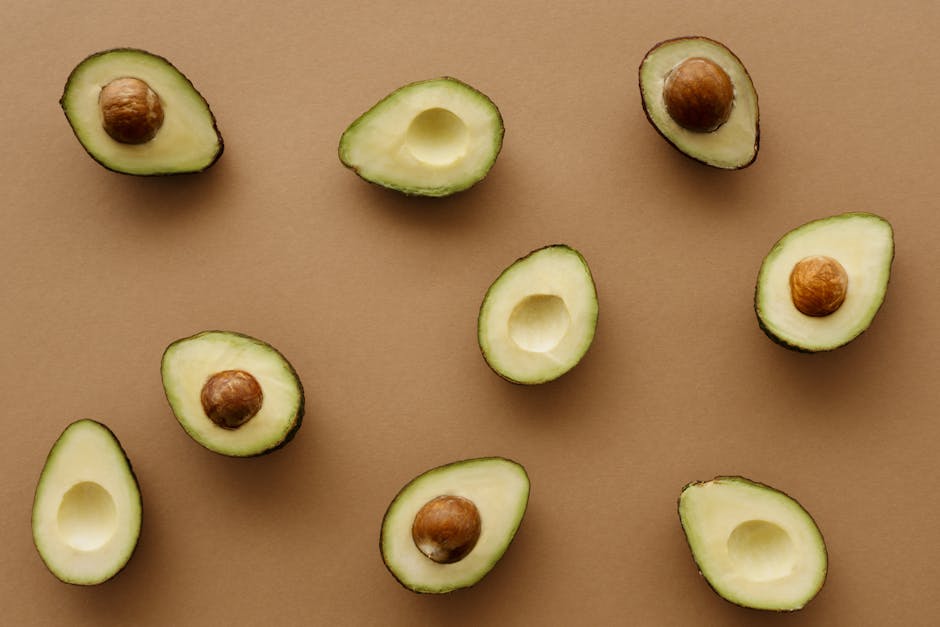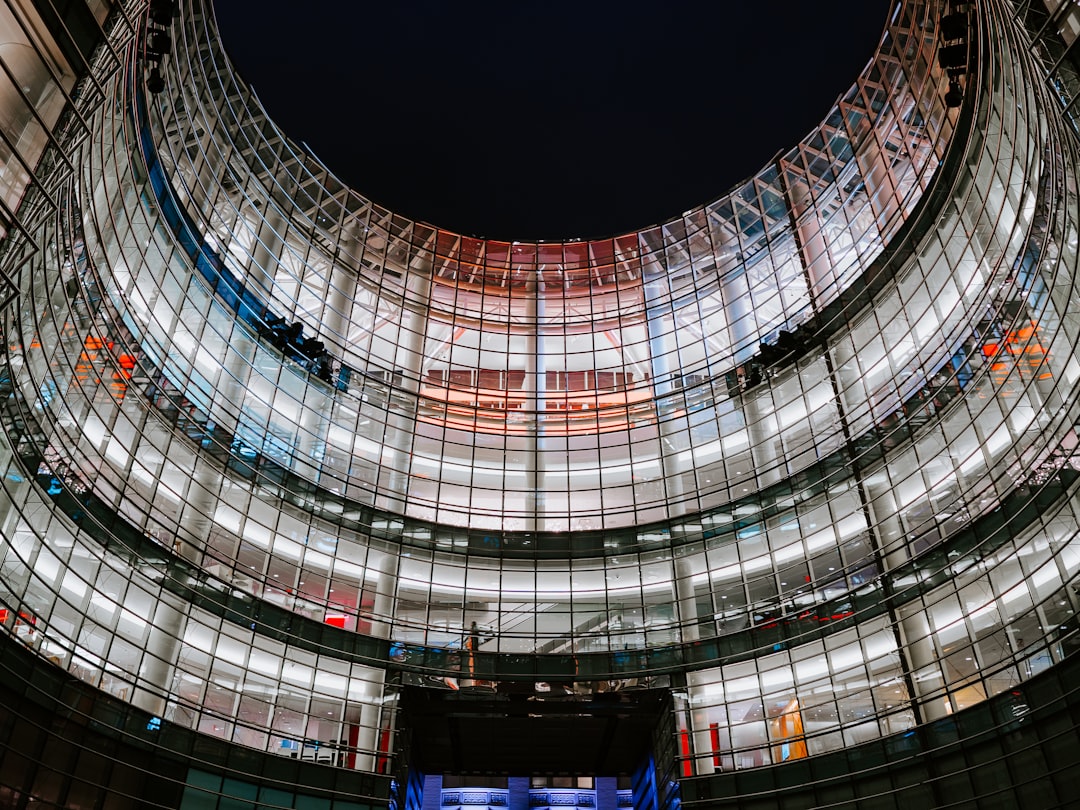Shattering the Stereotype
Picture a leftist in your mind. Chances are, you’ve conjured up an image of a protestor with a placard, a university student debating Foucault, or an activist advocating for climate change policy. Now, picture that same person at a shooting range, expertly handling an AR-15 and discussing firearm maintenance.
If that image feels like a short circuit in your brain, you’re not alone. Welcome to the perplexing and rapidly growing world of the “leftist gun nut,” a phenomenon that shatters political stereotypes and forces us to reconsider the neat boxes we put ideologies into.
For decades, the gun has been an undisputed symbol of the political right in the United States. It represents individualism, a distrust of government overreach, and a rugged, self-reliant frontier spirit. The left, conversely, has largely been the party of gun control, advocating for stricter laws in the name of public safety.
From Gun Control to Community Defense: What Changed?
So, what caused this shift? The answer is the modern political climate. For this emerging faction on the left, the argument for gun ownership is not about hunting or sport; it’s about survival. Their core belief stems from a fundamental distrust, not just of the government, but of the ability and willingness of the state—specifically the police—to protect marginalized communities.
Meet the Armed Left: Groups and Ideology
Groups like the Socialist Rifle Association (SRA) and the now-disbanded Redneck Revolt are the new face of this movement. Their philosophy is rooted in a historical leftist tradition that many have forgotten. It was Karl Marx, after all, who famously wrote, “Under no pretext should arms and ammunition be surrendered; any attempt to disarm the workers must be frustrated, by force if necessary.”
For these groups, the Second Amendment isn’t a license for individual heroism; it’s a tool for collective self-defence. They see the rise of far-right militias and white supremacist violence not as a political debate, but as a direct physical threat. Their logic is stark: when faced with an armed opposition, being unarmed is not a moral high ground—it’s a tactical vulnerability. They aren’t arming themselves to overthrow the state, but to protect their communities from a clear and present danger that they believe the state is failing to contain.
A Global Perspective on a US Phenomenon
For those in countries with strict gun laws, like India, where private ownership is rare and civilian “gun culture” is alien, this entire scenario can seem like a dispatch from another planet. Political battles are more commonly fought in polling booths and with slogans in the streets, not firearms.
Yet, the underlying impulse is not entirely foreign. The idea of community self-reliance and a deep-seated suspicion that state machinery fails to protect all citizens equally is a conversation that echoes in many corners of the globe.
Redrawing the Political Battle Lines
The leftist gun owner is a paradox that reveals a deeper truth about our times. They are a symptom of a world where political polarization has become so extreme that dialogue feels futile and personal safety feels precarious. They reject the idea that one must choose between advocating for social justice and owning a firearm.
Whether this is a fringe movement or the beginning of a significant political realignment is yet to be seen. But one thing is certain: it proves that old political labels are becoming increasingly obsolete. The battle lines are being redrawn, and in some corners of the world, both sides are now armed.




